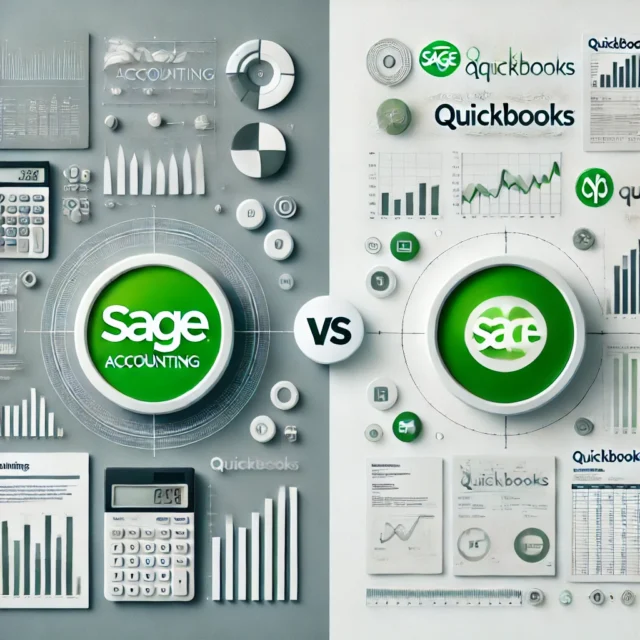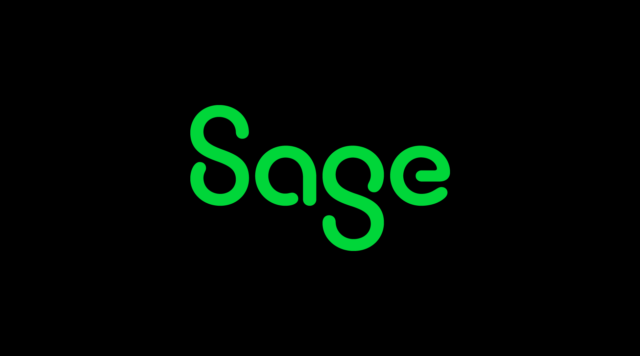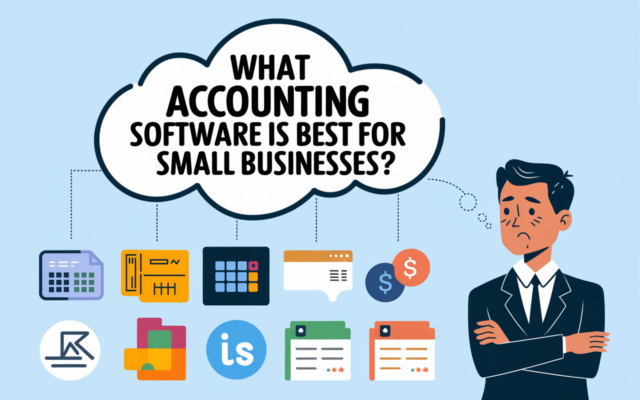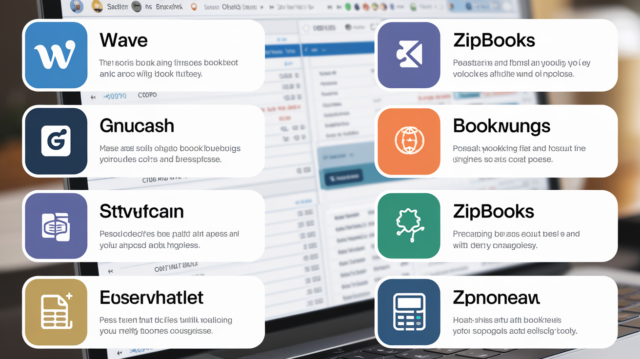As a small business owner, choosing the right accounting software can be a daunting task. Two popular options that often come up in the discussion are Sage 50 and QuickBooks Online. In this article, we’ll explore the pros and cons of each platform and help you determine which one might be the best fit for your business needs.
Table of Contents
- 1 The Great Debate: Sage 50 vs QuickBooks Online
- 2 QuickBooks Online: User-Friendly but with a Learning Curve
- 3 Sage 50: Powerful but Complex
- 4 Making the Choice: Sage 50 vs QuickBooks Online
- 5 Tips for a Smooth Transition to QuickBooks Online
- 6 Exploring Alternatives
- 7 Conclusion: Sage 50 vs QuickBooks Online
The Great Debate: Sage 50 vs QuickBooks Online

When it comes to small business accounting software, the Sage 50 vs QuickBooks Online debate is a common one. Both platforms offer robust features, but they cater to different types of businesses and user preferences.
QuickBooks Online: User-Friendly but with a Learning Curve

QuickBooks Online (QBO) is known for its user-friendly interface and cloud-based accessibility. Many users find it intuitive, especially those who are new to accounting software. However, transitioning from another platform to QBO can present some challenges. One user shared their experience of switching from Sage desktop to QuickBooks Online, expressing frustration with the learning curve. They found themselves struggling to keep up with daily tasks, resulting in a growing pile of paperwork. This highlights an important consideration when choosing between Sage 50 and QuickBooks Online: the time and effort required for the transition. Despite the initial difficulties, several users and accounting professionals recommend sticking with QuickBooks Online. They emphasize that while the transition can be challenging, once you get past the initial setup and learning phase, the process becomes much smoother.
Sage 50: Powerful but Complex

Sage 50, on the other hand, is often described as more complex but potentially more powerful for certain business needs. One accountant in the discussion mentioned that Sage can be challenging even for professionals, suggesting that it might not be the best choice for those without a strong accounting background. However, Sage 50 does have its strengths. It’s particularly well-suited for small to medium-sized businesses (SMBs) and users who need to keep books for multiple companies. The software also offers robust features for inventory management and detailed reporting.
Making the Choice: Sage 50 vs QuickBooks Online
When deciding between Sage 50 and QuickBooks Online, consider the following factors:
- Business Size and Complexity: QuickBooks Online is often recommended for smaller businesses with simpler accounting needs, while Sage 50 might be better for larger or more complex operations.
- User Experience: QuickBooks Online is generally considered more user-friendly, especially for those without an accounting background.
- Cloud vs. Desktop: QuickBooks Online is cloud-based, offering easy access from anywhere. Sage 50 has both desktop and cloud options, with the cloud version being particularly useful for remote workers and businesses with staff working outside the office.
- Inventory Management: If you have complex inventory needs, Sage 50 might offer more robust features in this area.
- Multi-Company Support: Sage 50 is known for its strong capabilities in managing books for multiple companies.
- Integration and Add-ons: Consider which software integrates better with other tools you use in your business.
Tips for a Smooth Transition to QuickBooks Online
If you decide to go with QuickBooks Online, here are some tips to help ease the transition:
- Utilize QuickBooks Support: Don’t hesitate to use QBO’s support resources, including their video tutorials and webinars.
- Consider Professional Help: Many users recommend hiring a QuickBooks consultant or working closely with your accountant during the initial setup phase.
- Take Advantage of Training Resources: QuickBooks offers various training resources, including official consultants who can help with setup and training.
- Be Patient: Remember that there’s a learning curve, but many users report that things become much easier once you get past the initial hurdles.
- Use the Mobile App: QuickBooks Online offers a mobile app that can help with tasks like receipt scanning and mileage tracking.
Exploring Alternatives
While the Sage 50 vs QuickBooks Online debate dominates many discussions, it’s worth noting that there are other options available. Some users in the discussion mentioned alternatives like Wave Accounting, which is free and web-based, as a potential option for businesses with very basic accounting needs.
Conclusion: Sage 50 vs QuickBooks Online
In the end, the choice between Sage 50 and QuickBooks Online depends on your specific business needs, accounting expertise, and preferences. QuickBooks Online tends to be favored for its user-friendliness and is often recommended for small businesses without complex inventory needs. Sage 50, while potentially more challenging to learn, offers powerful features that may be necessary for certain types of businesses. Remember, whichever software you choose, there will likely be a learning curve. Take advantage of available resources, consider professional help if needed, and be patient as you adapt to your new accounting system. The right choice will ultimately help streamline your financial processes and contribute to the smooth operation of your business.
Want to know more about which software you should choose: Contact Us







